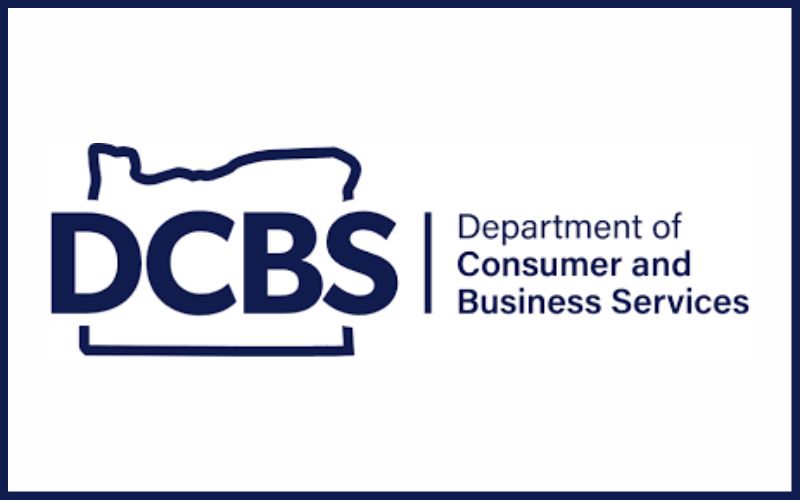New Member Business Loan Rule Takes Effect in Oregon
Posted by Ben Shuey on June 14, 2022

When credit unions collaborate and engage with the Association in legislative and regulatory advocacy, their efforts help to create the best possible operating environment, which ultimately benefits their members.
For six years, a determined group of credit union leaders in Oregon worked closely with the NWCUA and the Oregon Department of Consumer and Business Services to modernize the state’s MBL rule. The new rule became effective on June 1.
Some of the key provisions of the rule update are:
- Business loans are established as “commercial” loans;
- Loans on vehicles are not considered a commercial loan unless it is part of a fleet of six or more vehicles;
- The prescriptive limits on different commercial classes have been removed as well as has the guarantee requirement;
- 1 – 4 family residential dwellings are excluded from the commercial loan definition, and not added to the MBL definition;
- The requirement for a specific number of years of lending experience has been removed;
- The definition of a commercial loan excludes covered loans under the SBA’s Paycheck Protection Program;
- The Oregon MBL aggregate cap of the lesser of 1.75 times net worth or 1.75 times a 7 percent net worth level, which was changed from 12.25% of assets. The same exclusions apply for credit unions with a low-income designation (LICU), community development financial institution program, or that were chartered to make business loans, or that have a history of primarily making business loans as of 1998;
- Oregon’s MBL lending limit is increased to 15 percent of net worth, which aligns with the Oregon Revised Statute 723.512;
- The rule has a partial carve-out for credit unions with less than $250 million in assets if the MBLs are less than 15 percent of net worth. The carve-out also provides an exemption from having a commercial loan policy and some Board of Director and personnel requirements for smaller credit unions;
- The new MBL rule specifies that purchased non-member business loan participations and purchased non-member loans are excluded from the MBL cap;
- The rule specifies that a loan may meet the definition of an MBL, but it is not considered an MBL, against the cap, unless it is $50,000 or more, or when added with other MLB-defined loans, and totals $50,000 or more in aggregate; and
- Purchased non-member business loan participations and purchased non-member loans are excluded from the MBL limit.
The Oregon DCBS is holding a series of informational meetings in the next week, to review the updates with credit union leaders.
“We deeply appreciate the dedication of many credit union advocates who brought such thoughtful perspective and insight to this process,” said John Trull, Vice President, Regulatory Advocacy. “The updates to the rule were reviewed and approved by both the NCUA and the Oregon DCBS and we recognize their efforts and diligence as well. This is an example of how collaboration can work for credit unions, and the small businesses that rely on them for financial services.”
Posted in Advocacy News.





















